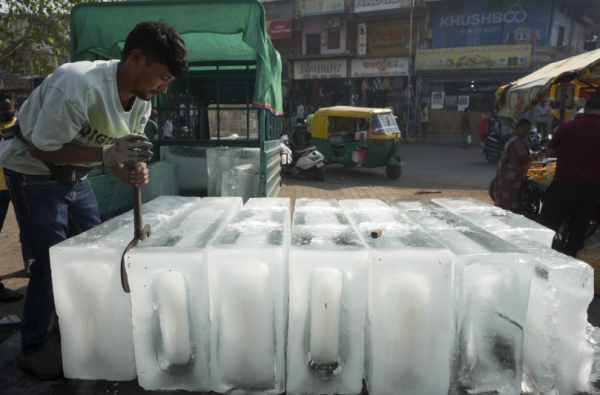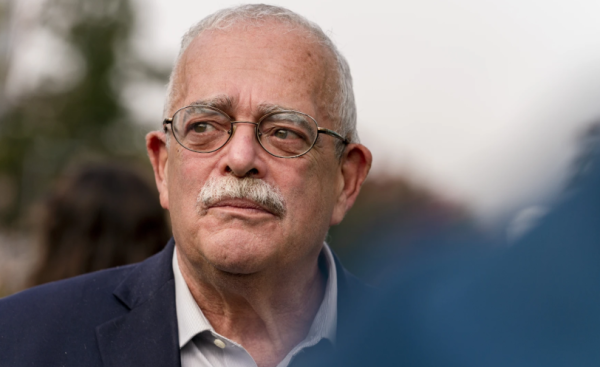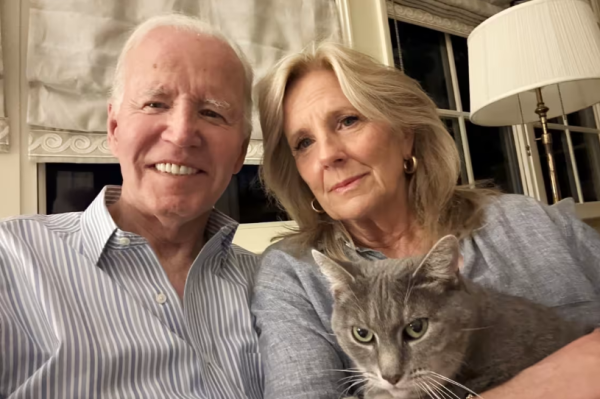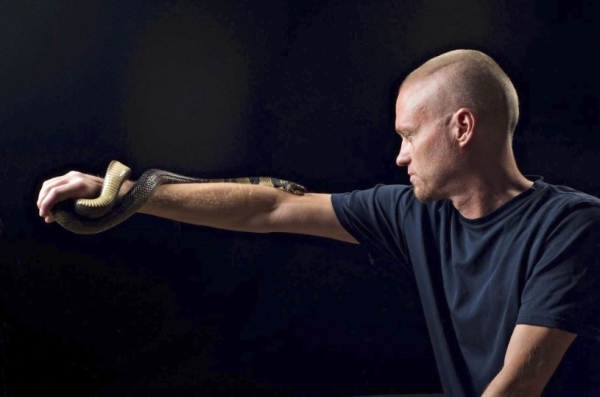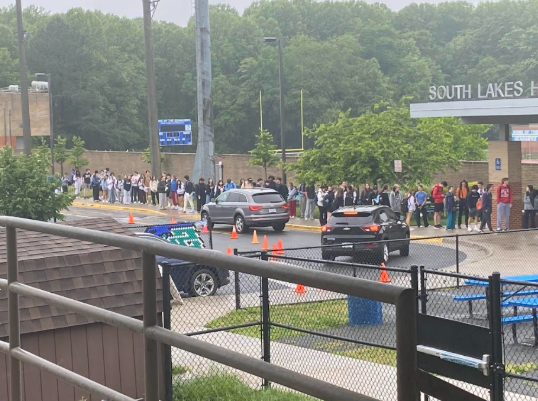Supreme Court Cases Could Change Social Media Forever
Two Supreme Court cases stemming from the death of terrorist attack victims have the potential to change social media as we know it. The outcome of these cases could change who is responsible for what gets posted on social media, forcing social media companies to be far more restrictive about what they allow on their sites.
Nohemi Gonzalez, a 23 year old American exchange student, was having lunch at a bistro in Paris when a round of bullets fired by the Islamic State militant group in a terrorist attack took her life in 2015. Her family sued the tech giant Google LLC because the platform’s property, YouTube, contained and recommended Islamic State’s videos and media to users. They say this violates the Antiterrorism Act of 1990, which allows American citizens killed or injured as a result of terrorism to sue anyone who provides “substantial assistance” to international terrorists. They are appealing a lower court’s decision to throw out the case, which was thrown out due to the immunity given to social media companies from the Communications Decency Act of 1996. The arguments for this case, Gonzalez v. Google LLC, were heard by the high court on Tuesday, February 21.
So what is the significance of this case? It will look at Section 230 of the aforementioned Communications Decency Act of 1996. Section 230 ensures that legal blame for anything that users post on a social media site is not put onto the company. This case would determine if social media platforms are legally responsible for what users post on their site. More specifically, it would determine if the sites are responsible for recommendations from their algorithm that promote certain pieces of third party content. This is the first time ever that the Supreme Court has had a case concerning Section 230 of the Communications Decency Act, and if Gonzalez’s family wins, it could force social media platforms to monitor what is posted on their platforms to a far further extent than they are currently. This would also have a huge effect on the way that social media companies today make money, as their algorithms would have to be regulated and changed to fit any new requirements.
A second case concerning social media platforms and terrorism was brought by the family of Gonzalez, as well as the families of four victims of other Islamic State terrorism attacks that happened in Istanbul and California. This case was brought against Twitter, Google, and Facebook, (Google and Facebook did not join the appeal made by Twitter) alleging that the platform’s algorithms recommended Islamic State’s content and used the platform to recruit members, which therefore violates the Antiterrorism Act. This case did not involve the Communications Decency Act of 1996. The Supreme Court heard arguments for this case, Twitter Inc. v. Taamneh on Wednesday, February 22.
In a statement by one of the Gonzalez’ lawyers, Nitsana Darshan-Leitner, she said, “There should be zero tolerance for terrorism on social media. Terror organizations are using social media as a tool that they never had before – and cannot do without.”
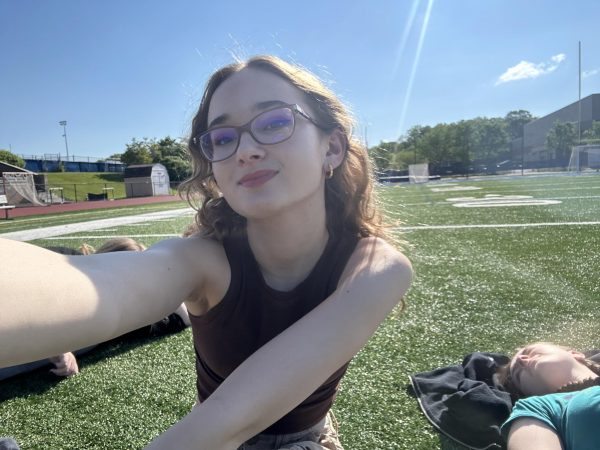
Lucy is a Junior at South Lakes High School. This is her third year of writing for the Sentinel, and she is excited to continue to create and edit articles...








